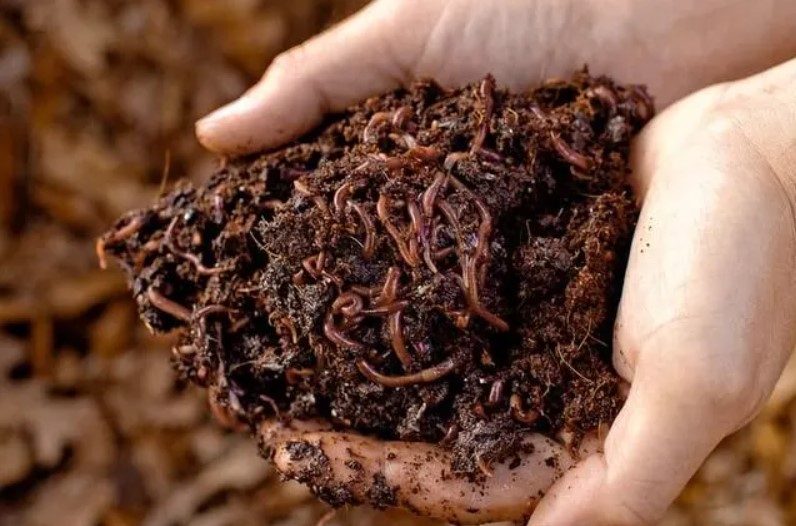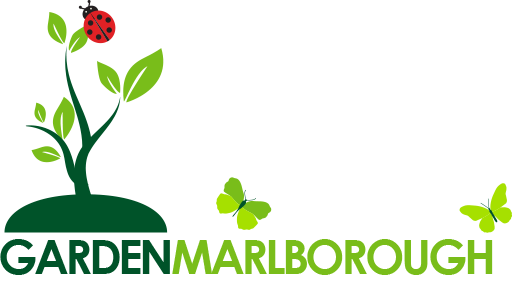
Vermicomposting is an excellent alternative to traditional composting because it can be done on a smaller scale, indoors or outdoors. It also doesn’t take as long as conventional composting, which can benefit gardeners who don’t have the time or space to wait around for their compost piles to break down into usable soil. Another benefit of vermicomposting is that it uses red worm castings, which tend to be more acidic than traditional compost; this makes them ideal for gardens that grow fruits and vegetables.
1. It Works Fast Unlike Other Manure
Vermicomposting is an organic process that lets earthworms convert food and yard waste into a nutrient-rich soil conditioner. Earthworms will eat your kitchen scraps and any other organic matter, including animal manure, and then produce castings that are a rich source of nutrients for your garden. Composting takes six to eight weeks to be ready for use, while vermicomposting can take only four weeks. Since vermicompost readily breaks down soil nutrients into plants’ readily usable form, you’ll see results much more quickly than you would with composting.
Also, vermicompost helps plants grow faster because it releases five times more nitrates than regular commercial fertilizers. Nitrates stimulate root growth and promote flowering and fruiting – making them excellent tools for achieving heavy yields. You can search Vermicompost and its Role in Plant Growth Promotion for detailed information on the benefits of using vermicompost in your garden.
2. It’s Less Expensive
Unlike chemical fertilizers or compost, vermicompost is more affordable for homeowners with small gardens or farms. Vermicomposting uses worms to break down organic matter, such as leaves and food scraps, into a rich soil amendment known as humus. Worms eat organic matter and excrete castings, or worm poop, a rich source of plant nutrients. The leftover droppings are also helpful to use as fertilizer.
As long as you have enough surface area to bury your kitchen scraps, your household will produce enough compost to fertilize the garden without spending any money on expensive fertilizer. Vermicompost is also a great way to recycle kitchen scraps and other organic materials that you would otherwise throw away. However, you can source high-quality processed vermicompost that is ready to go from a reliable manufacturer! It may cost a little more upfront, but you’ll get better results, and your investment will pay off over time.
3. It’s Healthy and Friendly to the Environment
Vermicompost is an excellent source of nutrients and organic matter for your garden. It’s also very friendly to the environment because it reduces methane emissions from landfills, and it requires less energy to produce than other types of compost. Vermicomposting is a great way to recycle kitchen scraps and garden waste.
Additionally, vermicompost does not pose health risks as raw sewage can nor contains pathogens like E. coli or Salmonella as in animal manure-based composts. In addition, vermicomposting doesn’t result in odours or create air pollution problems with ammonia or greenhouse gases. What you do need, though, is some earthworms to turn all that garbage into something usable by plants!
4. Helps in Better Growth and Yield
Vermicompost is an organic fertilizer from worms and other microorganisms. It is an excellent source of nutrients for plants and can help improve the growth and yield of your garden. Vermicompost has more nitrogen, phosphorus, potassium, and calcium than manure compost. The vermicompost also includes micronutrients such as copper, zinc, iron, manganese, molybdenum, and boron that would otherwise be missing in most fertilizers.
Availing of these nutrients will lead to healthier soil which means better plant growth, increased yields, and reduced need for chemical pesticides. For those just getting started with gardening, it’s a good idea to use worm castings on indoor or container plants because they need less watering or soil amendments. Worm castings are rich in potash which helps grow strong stems and roots, so you don’t have to worry about your plant being unable to stand up straight!
5. Helps Reduce Harmful Pathogens in Soil
One of the benefits of using vermicompost is that it helps reduce harmful pathogens in the soil. That is because vermicompost contains beneficial microbes that compete with pathogens for space and food. Additionally, the composting process itself helps to kill pathogens. Vermicompost can also help improve soil drainage and aeration, reducing the chances of harmful pathogens taking hold. In addition, when you use it as mulch, vermicompost provides a natural barrier against pesky insects such as slugs and snails.
Conclusion
Vermicompost is an excellent way to improve the quality of your garden soil. It is rich in nutrients and beneficial microorganisms and can help improve drainage and aeration. Plus, it’s a great way to recycle kitchen scraps and other organic waste. If you’re looking for a natural and effective way to improve your garden, vermicomposting is worth considering.
